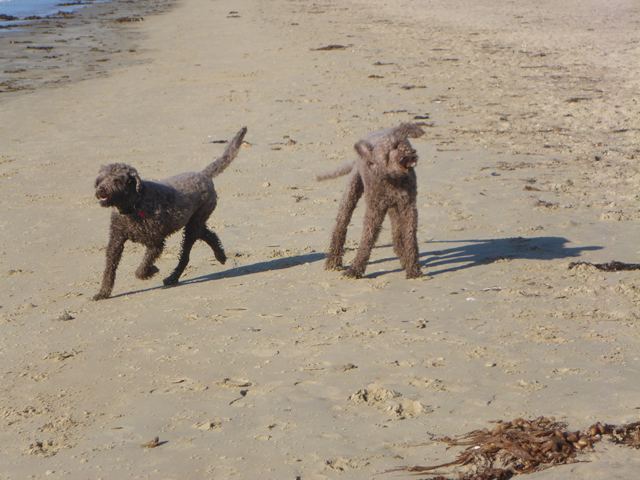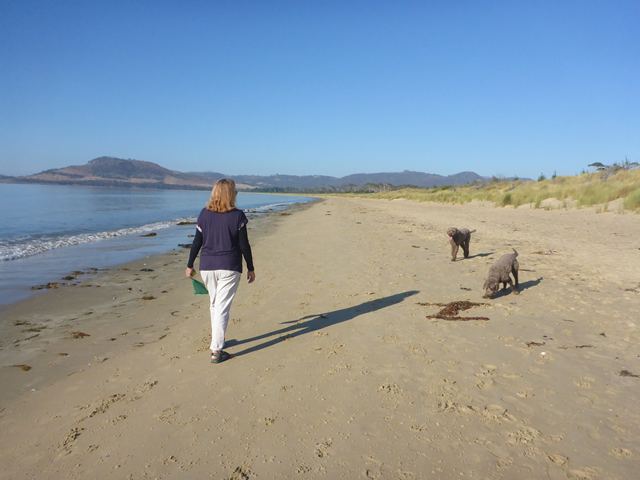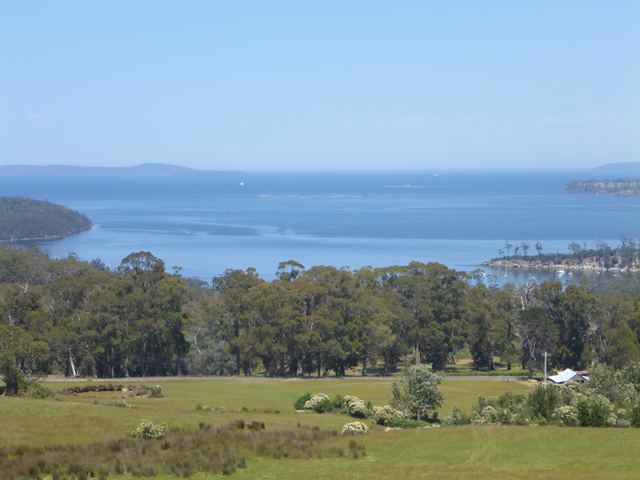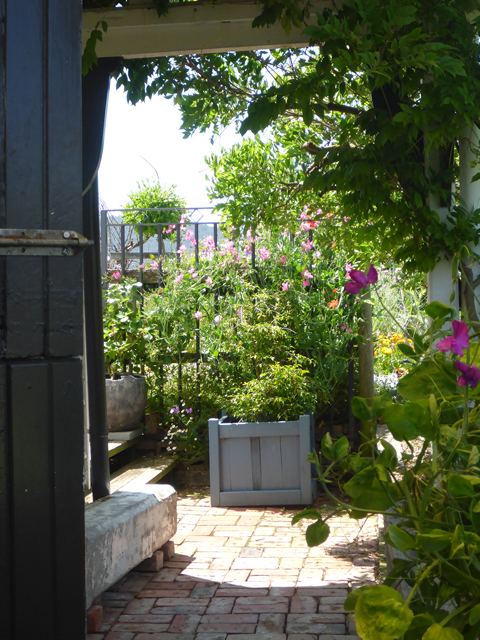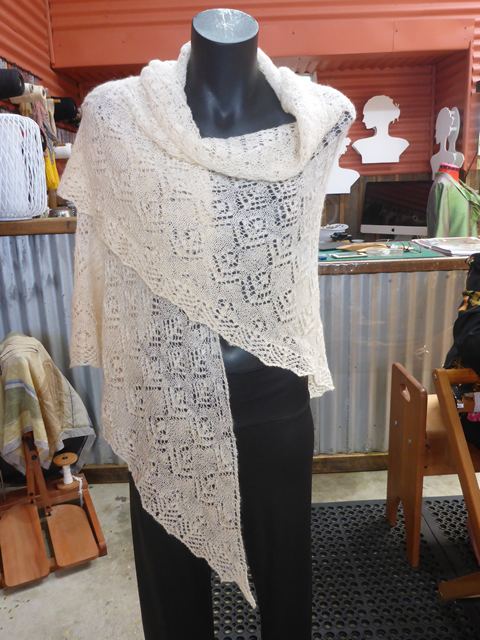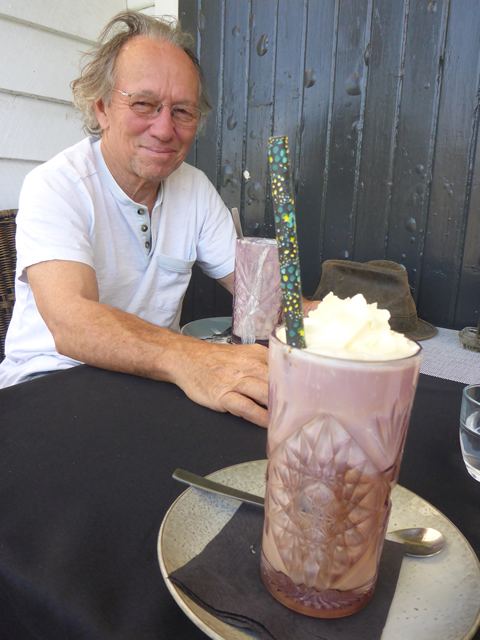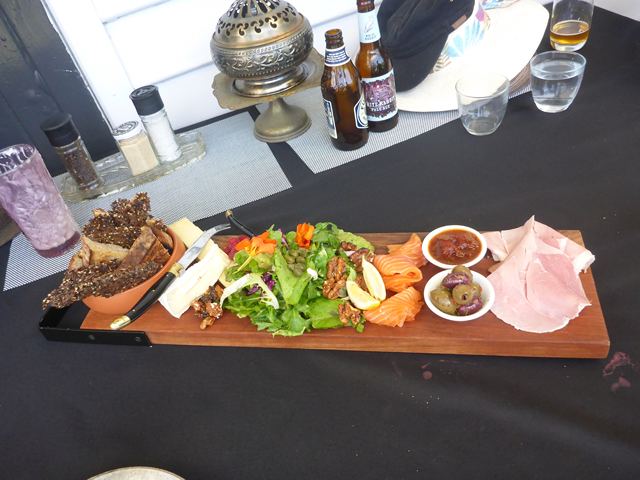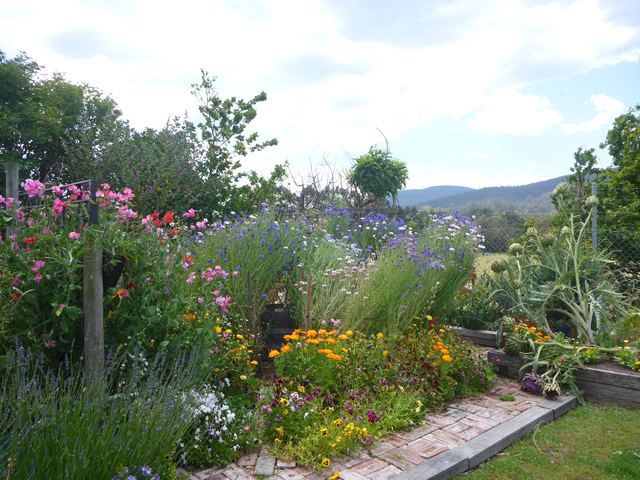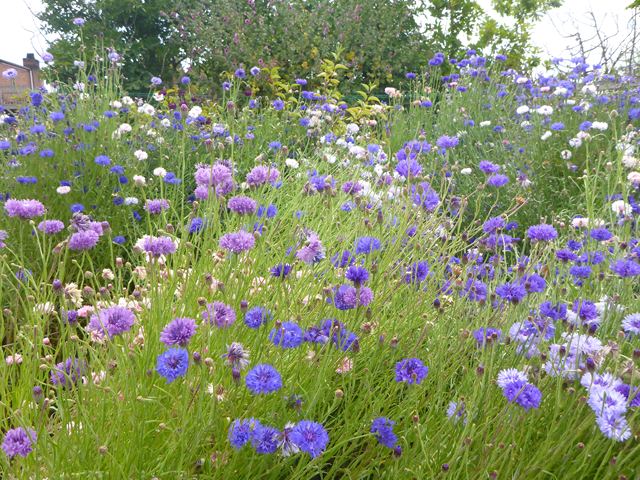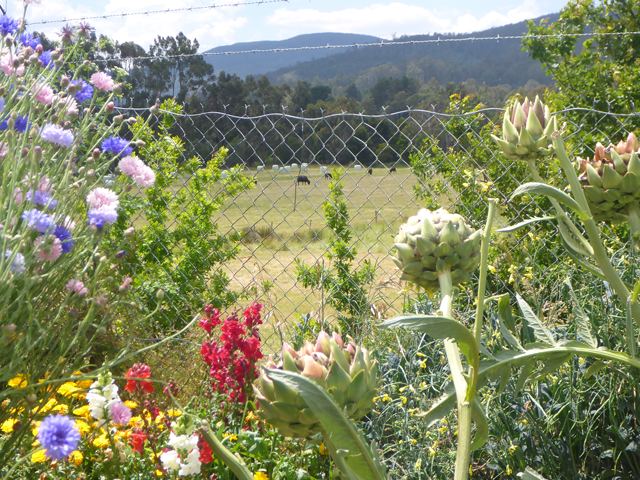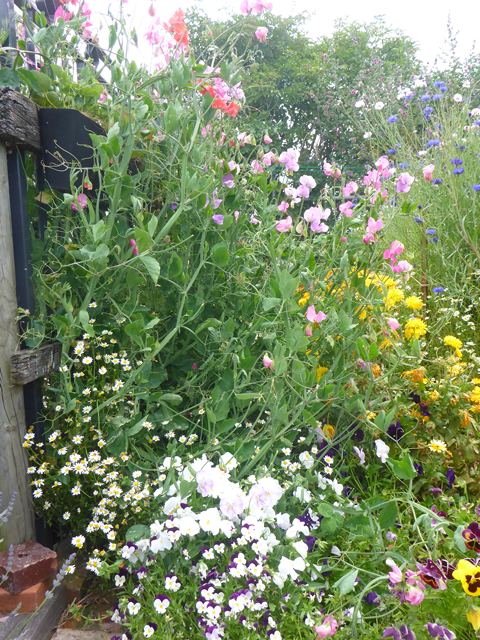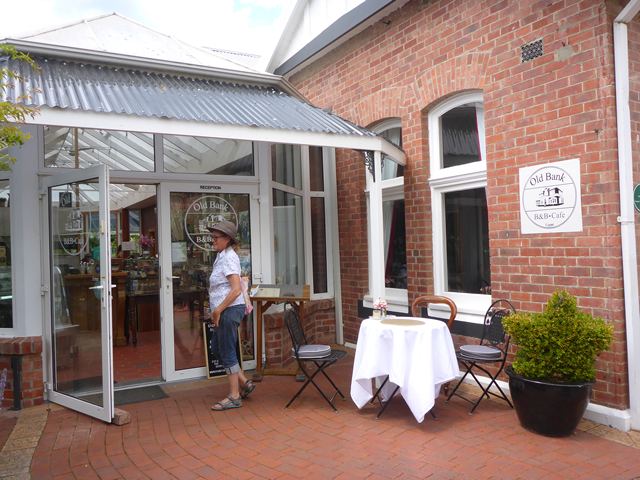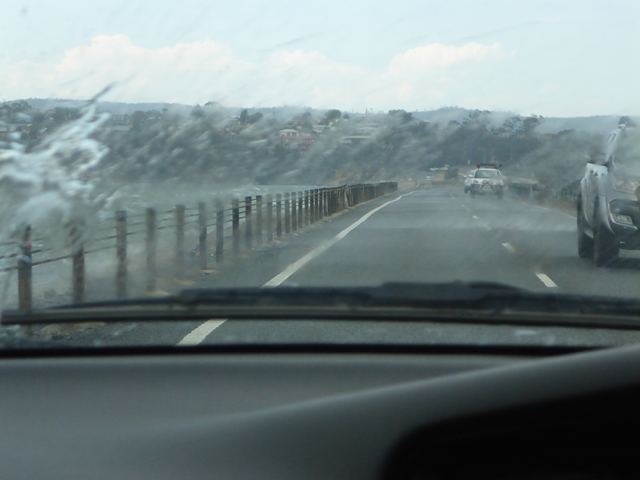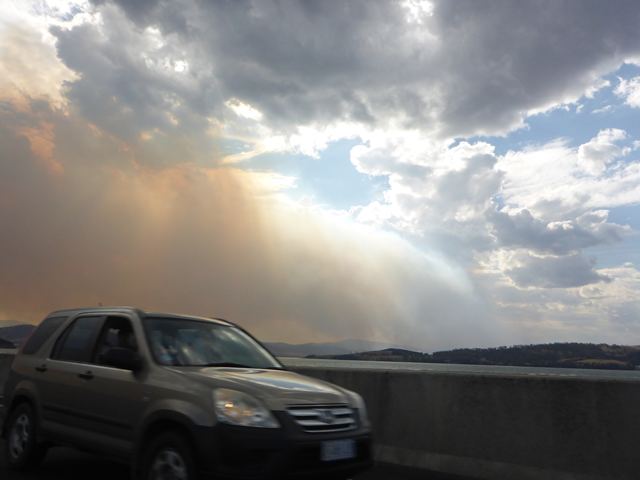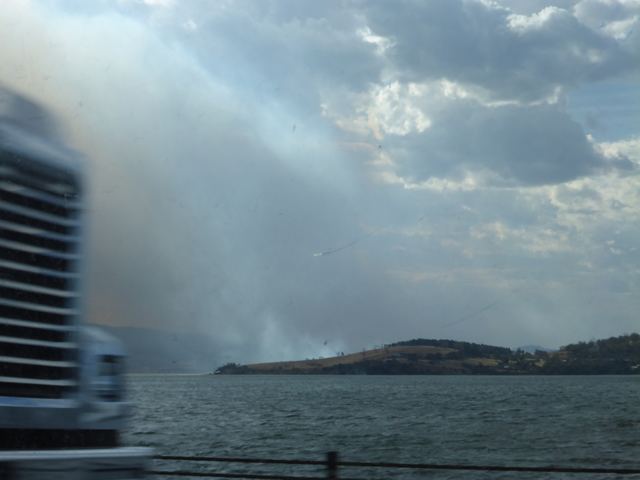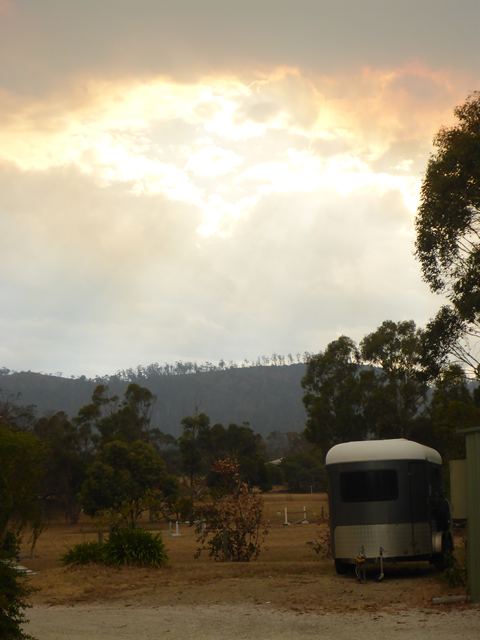2019 Tas The last of the year and the last of Hobart

|
Position Update 38:20.77S 141:41.63E (see how far north we have come!) The Last of Hobart and the last days of the Old Year Those days seem a long time ago now as I write this from Portland Marina back on the mainland in the state of Victoria. They also seem surreal, where we lived so comfortably with our friends, Ken and Bron while the smoke from the mainland and Tasmania’s own fires surrounded us as we travelled and explored and sat in the Jacuzzi, and walked the lovely dogs, and swam in the pool at the house where Ken and Bron’s French friends were house minding. The young couple, Martin and Gwen, live in Noumea in New Caledonia on their boat, ‘No Souci’ and Martin’s brother Alex and their parents Genevieve and Daniel come from Brittany to visit them. The older couple have arranged house exchanges in various parts of Aussie including the west and are enjoying an amazing time looking after homes and animals for residents while they take in what is Australia. I’ve always believed that a home should also be a source of income and have taken lodgers and foreign students and have rented my house out for 15 years now, so the idea of exchange is very appealing maybe for later on. The pretty little town you see is Cygnet, where we sent the Ebspacher Heater for its health check. It has since decided that despite a superficial bill of health the internal circuit board only allowed us two sessions of toots warming early morning heat and will need to be replaced at some stage. We found a cottage garden venue for lunch and just behind our table on which you see the shared smorgasbord a local lady had her spinning and weaving studio creating award winning scarves, shawls from her own alpacas and any really soft wool from possums etc that friends would give her. The garment you see is priceless, it is so soft I could hardly feel it, has won numerous awards and was crocheted by a friend of hers in such a way as it takes the shape of the wearer in the most lovely way. Outside I rejoined our friends for an iced coffee and shared snack before photographing the pretty garden, a window on an English cottage garden over the ages. On our way home you can see the approaching forest fire smoke and the wind that was fuelling it driving the water up over the low level roadway that took us back to Hobart. There were fears of dry lightning strikes as we approached the last day of the old year. All this extreme weather is caused by four things we learned from a radio interview with an expert on meteorology. It is not just the usual seasonal change or the long term warming of the climate but also two things I had never heard of before; the natural phenomenon known as the Indian Ocean Dipole brings strong winds from the west. When these winds get to the red hot centre they heat up dramatically of course and head on to the east coast. Fourthly the Southern Annular Mode which last year forced the winds in the roaring forties further north, rather as the jet stream we know in the UK can affect our weather depending on the latitude it is occupying. So much dry wind on an already drought ridden country with the inevitable results. Climate warming is a major part of the destructive equation but not all of it. You may have read that an estimated 500 million animals have died in the fires, well fortunately Professor Chris Dickman of the University of Sydney who came up with the original figure of 480 million animals said they were affected, not necessarily killed. Today we hear that around 8000 koalas are known to have perished because they seek refuge at the top of the very trees that are burning, but reptiles can seek the insulation of the earth in their underground homes and birds and kangaroo can get away. The figures will rise with the loss of habitat and lack of water but there are many efforts to feed and water the wild animals once the fire has moved through. It should also be mentioned that 100,000 sheep and cows are also thought to have perished. There is now a challenging job for humans to clear up the aftermath. And February is likely to be even worse. |

